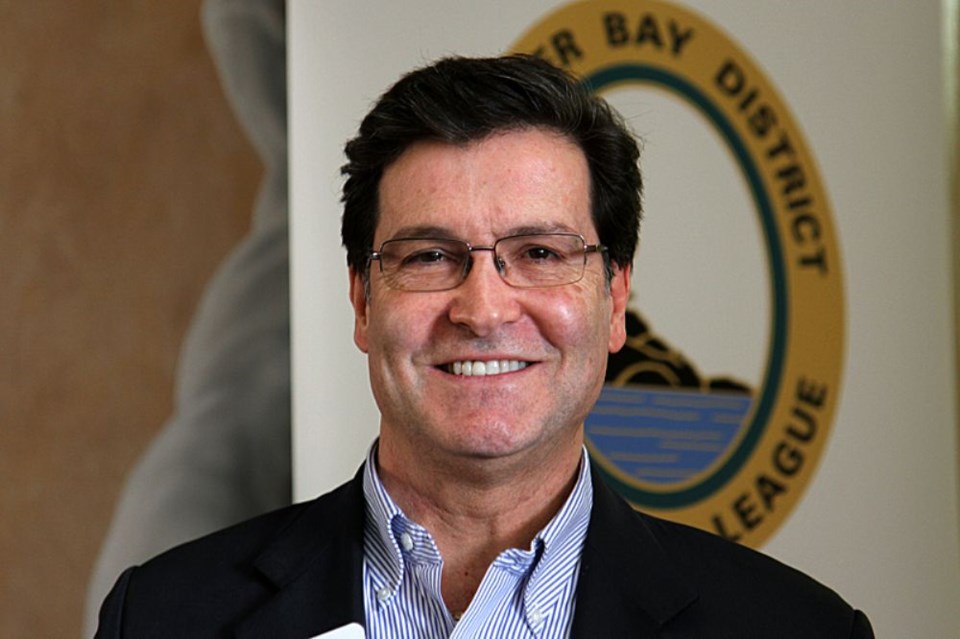THUNDER BAY -- Rather than close what he deems an asset, the city’s budget chair wants to go after the province to provide budgetary relief.
Coun. Frank Pullia spoke at the Thunder Bay District Municipal League meeting on Saturday following a presentation from city tourism manager Paul Pepe.
He said any short-term gains from saving the $100,000 annual cost of the Chippewa Wildlife Exhibit will be lost in long-term tourism dollars. Council is to decide on the future of the wildlife exhibit during Monday’s meeting when they vote on ratifying the budget.
“Why are we planning to close the Chippewa (Wildlife Exhibit) when its product is unique? It’s not like there’s two of them,” Pullia said.
“I recommended that (the city’s tourism department) include their communication to the community and council as well to inform them of the importance of this kind of tourism product.”
Coun. Rebecca Johnson first raised the issue of closing the wildlife exhibit, saying she wasn’t sure it was an area in which the city should be in business. Coun. Shelby Ch’ng has also called for the closure of the wildlife exhibit, citing her disagreement in using city tax dollars to keep animals in captivity.
In the past Mayor Keith Hobbs has also publicly stated he disagrees with the city funding the exhibit.
However, Pullia said the wildlife exhibit is a city tourist attraction.
Instead, to save money he wants to target the $1.5 million reduction in transfer payments to the city from Ontario Municipal Partnership Fund.
Changes to how the province calculates social service uploads to municipalities resulted in the decrease, which began next year and is expected to continue for the next few years. In all, it could cost the city about $5 million.
“The smaller communities are not benefitting as much as the larger communities. They’re using the same numbers, the same allocations and the same approach,” Pullia said.
“We’re saying we need to go and make a case for our communities which are being negatively affected…We need to put that on the table and go fight for it otherwise we’re going to be missing out on representing our best interests.”
Northwestern Ontario Municipal Association president Dave Canfield also gave a presentation at the meeting, outlining communication with the province over transfer payment concerns.
NOMA officials had communication with a Ministry of Finance official which resulted in a response saying it was “recognized that they need to develop a program to assist with social housing costs. Committed to working together to identify options. Will discuss these concerns directly with the Minister.”
Pullia wants to work with some of the nearby municipalities to develop a strong, compelling case to Toronto.
